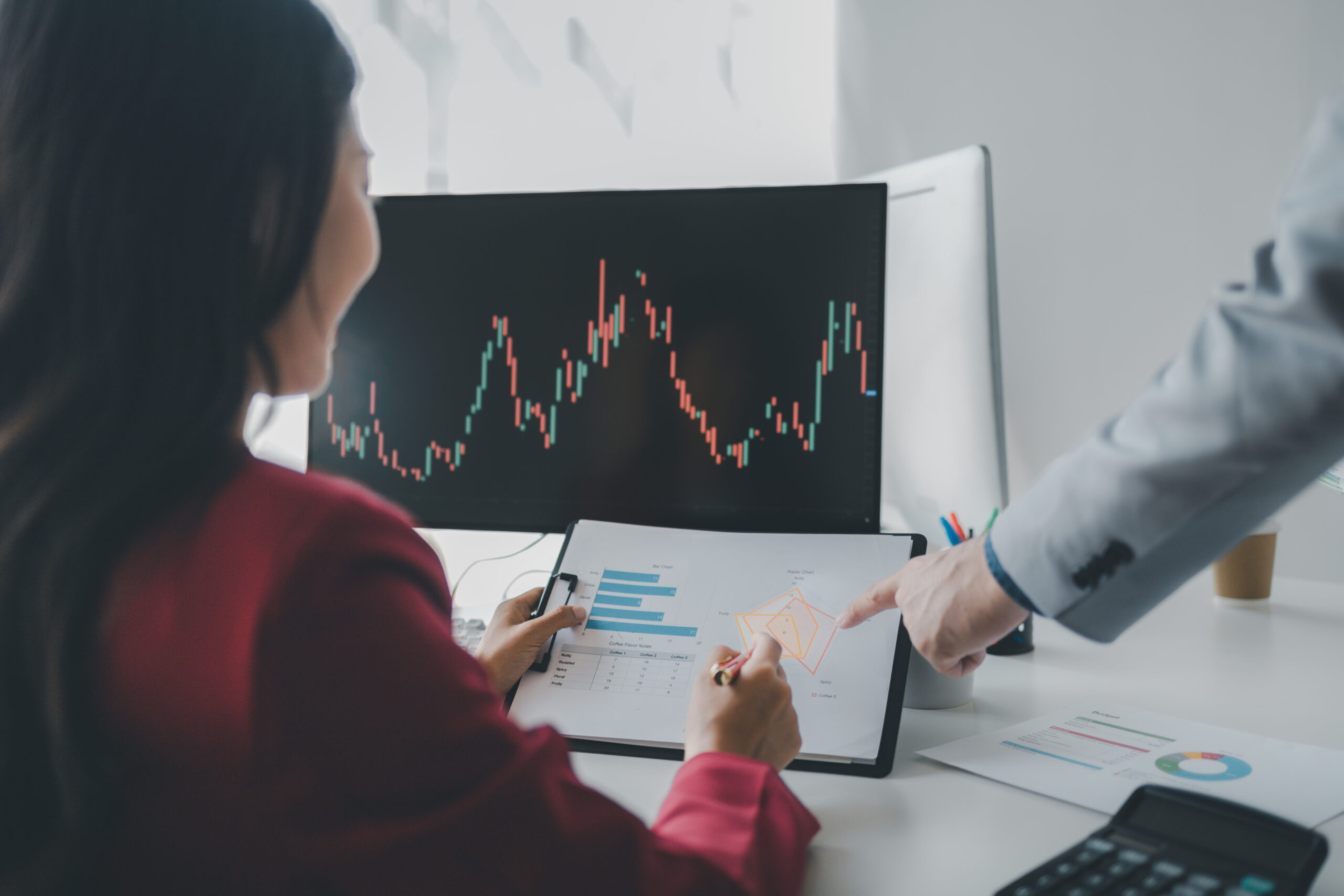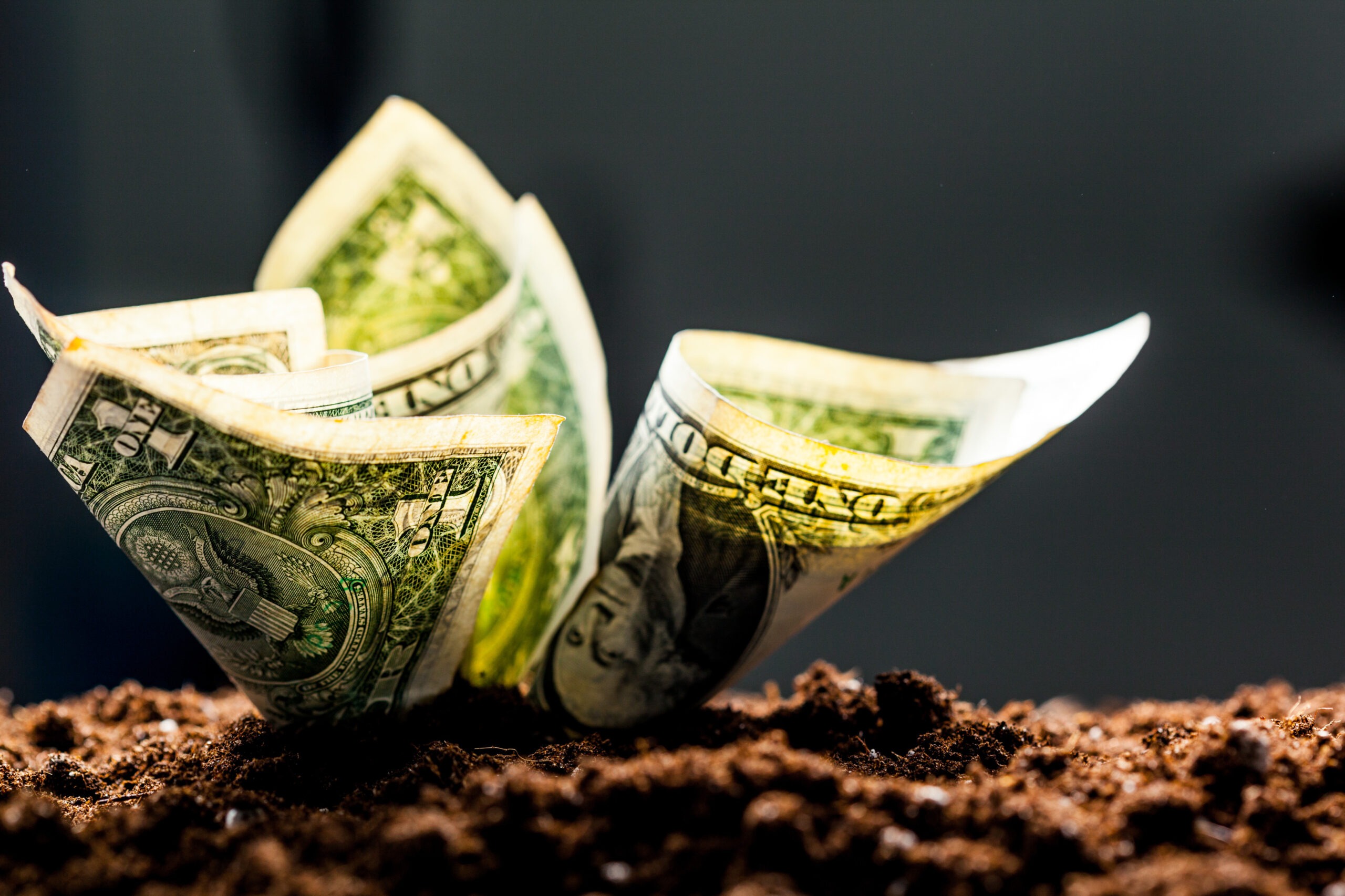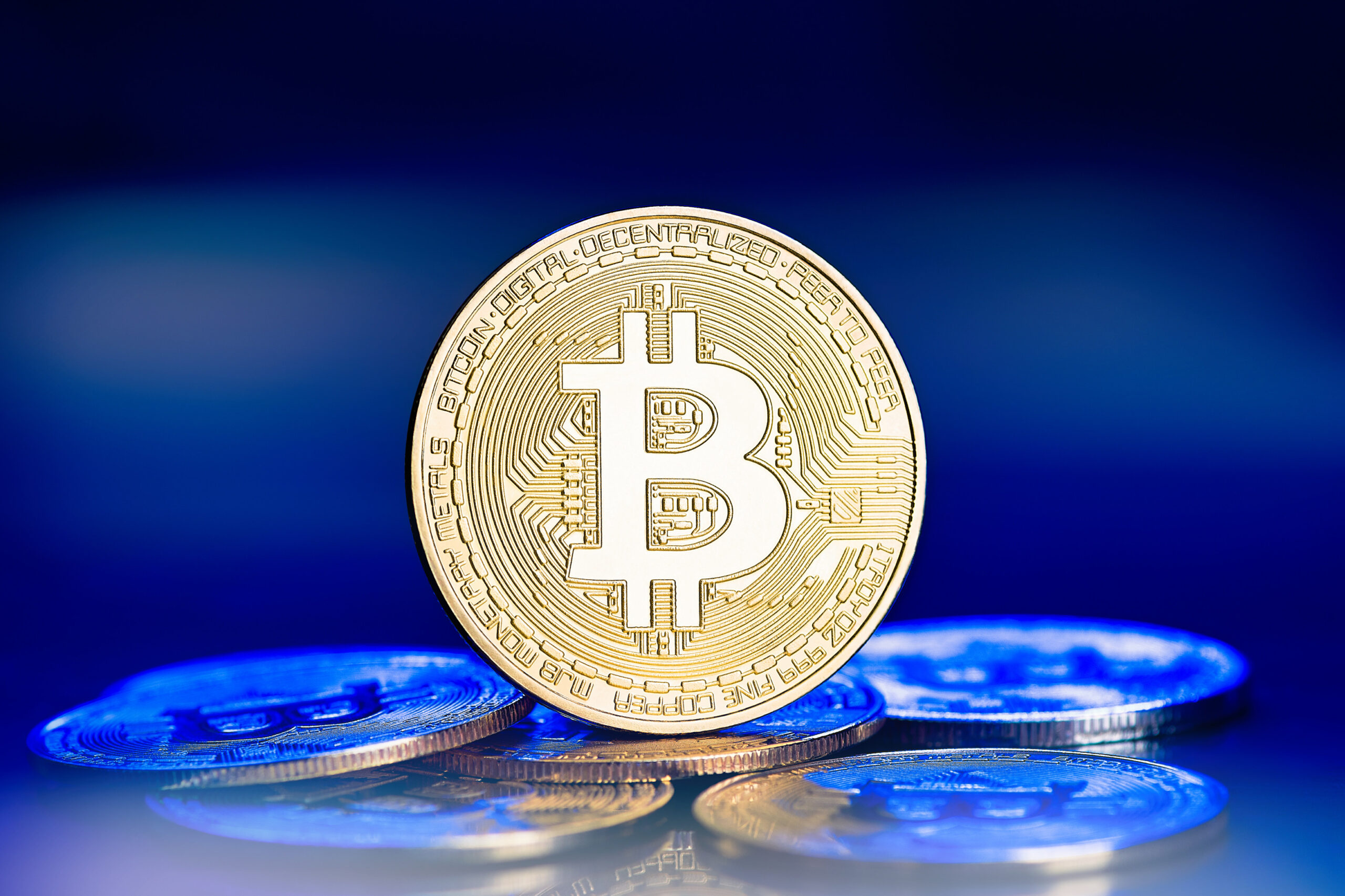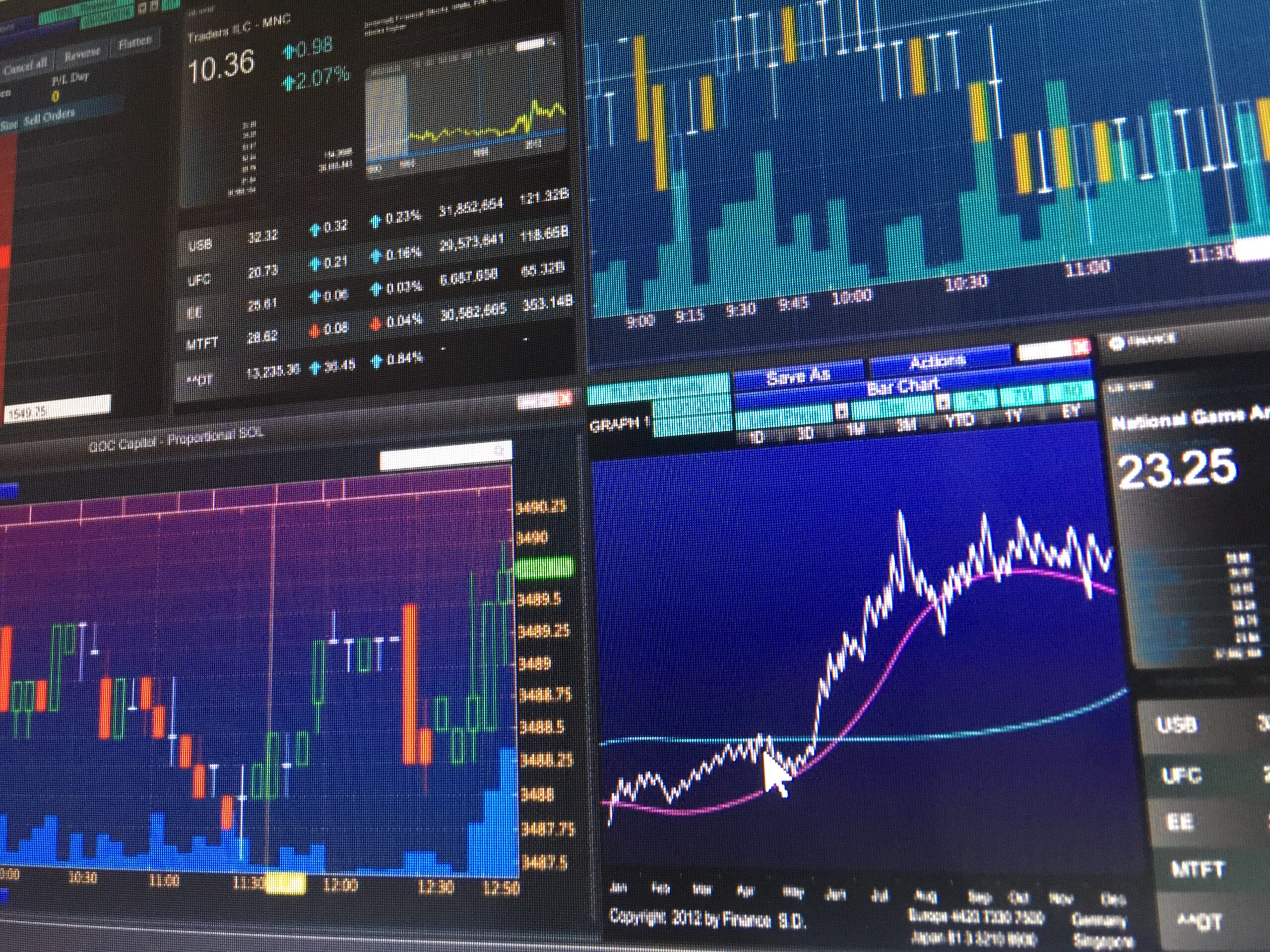Many traders experience a moment where they suddenly “feel” like a trade is right or wrong. This gut feeling, known as trading intuition, is common—but also confusing. Should you follow it? Should you ignore it? The answer lies in learning how to use trading intuition properly, alongside a solid strategy.
Let’s explore what trading intuition is, when to trust it, and how to develop it without letting emotions control your decisions.
What Is Trading Intuition?
Trading intuition is the ability to make quick decisions based on experience, patterns, and internal signals rather than logical analysis alone. It often comes from repeated exposure to the market and subconscious learning.
However, intuition can be tricky. It’s not always correct. Just like a skilled athlete reacts based on muscle memory, experienced traders sometimes “sense” a market shift—but this doesn’t replace planning and analysis.
Real Example: Paul Tudor Jones, a well-known hedge fund manager, often talks about his “gut feeling” when markets behave strangely. But he always confirms it with technical and fundamental analysis before taking a position. His success comes from balancing intuition with data—not relying on feelings alone.
Trading Intuition Is Not a Strategy
Many traders mistake intuition for a strategy. They think, “I’ve got a feeling about this trade—it must be right.” But relying solely on gut feeling without confirmation can lead to poor decision-making.
Think of trading intuition like salt. It adds flavor to a good meal (your strategy), but too much can ruin it.
Example from the Field: A 2022 report by the CFA Institute showed that traders who used gut feeling without data confirmation had lower long-term returns than those who stuck to a defined plan. Intuition helped in specific moments—but only when supported by a broader strategy.
Build a Reference: What a Good Trade Looks Like
To use your intuition effectively, you need a clear picture of what your best trades look like. This helps your brain compare potential trades with successful ones you’ve executed before.
Action Step:
- Print out or save screenshots of 20–30 high-quality trades you’ve taken
- Highlight the setup, entry, stop loss, and result
- When you feel unsure, compare your current idea with this reference library
- If it doesn’t match, don’t trade
This step helps train your trading intuition by linking it to real, repeatable patterns.
Use a Trading Journal to Track Intuition
A trading journal is a valuable tool to understand your decision-making patterns—especially when you’re unsure about whether to trust your instincts.
How to Journal for Trading Intuition:
- Log every trade idea, even if you didn’t take it
- Rate your confidence level on a scale of 1 to 10
- Track the actual outcome (profit/loss and setup quality)
- After 50 trades, review to see how often your “gut feeling” aligned with success
Case Study: One trader tracked 100 trade decisions over 6 months. When he acted on trades he felt were “8/10” in confidence, backed by strategy, his win rate was 62%. When he traded only based on a gut feeling, his win rate dropped to 31%.
Separate Emotions From Trading Decisions
Emotional reactions are not facts. Feelings like fear, greed, or revenge from past losses can cloud your judgment. It’s important to pause and evaluate before acting.
Quick Check Before Acting on Intuition:
- Is this trade part of my plan?
- Is the setup clear and confirmed?
- Is my emotional state stable today?
If the answer is “no” to any of these, it’s better to step away.
Expert Insight: Denise Shull, a leading trading psychology expert, says, “Emotions aren’t the enemy—but they’re not your boss either.” This means emotions give signals—but should not make decisions.
Trust Your Plan, Not Your Panic
When markets move fast, many traders panic and abandon their plan. This is when trading intuition can either save you—or mislead you.
If your trading plan is well-tested and your strategy clear, trust it. Intuition should only guide you within the boundaries of your system.
Real Life Insight:
In March 2020, during the COVID market crash, many traders panicked and sold. But those who had a risk-managed plan—and the discipline to follow it—ended up capturing the recovery rally. Their calm decisions were informed by past experience and structured plans, not by emotion.
How to Develop Healthy Trading Intuition
You don’t need to ignore your intuition—but you should build it the right way.
Steps to Improve Trading Intuition:
- Stick to one strategy until mastered
- Review trades weekly to find patterns
- Track emotional triggers in a journal
- Practice on demo accounts without pressure
- Visualize trade scenarios regularly
Over time, your trading intuition becomes more reliable because it’s shaped by consistent learning and feedback.
Final Thoughts: Master Your Mind, Master the Market
Trading intuition is a useful tool when combined with logic, planning, and discipline. It’s built through experience—not luck—and should work alongside your strategy, not replace it.
By creating a library of your best setups, journaling your feelings, and sticking to your trading plan, you can turn guesswork into guided instinct.
In trading, the goal is not to feel confident—but to trade with clarity. Your instincts can help you—but only when trained by experience and controlled by rules.
Gut says one thing, strategy says another. Join our Discord to get on the right track!
Click here to read our latest article: Forex Trading in 2025



